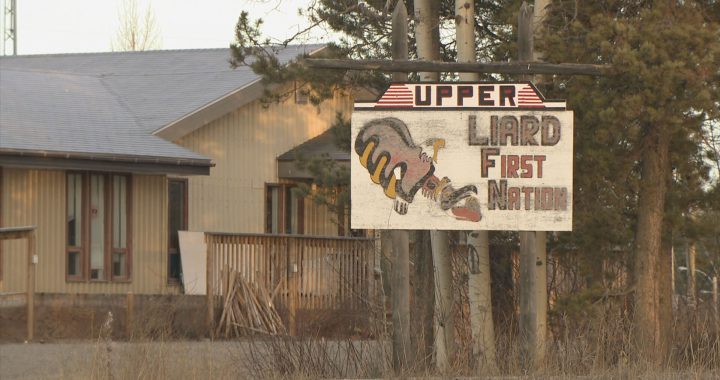The Squamish Nation and the City of Vancouver have won an appeal that questions the federal environment assessment process which the province of B.C. relied on to issue permits for the Trans Mountain pipeline.
In challenges by the Squamish Nation and Vancouver, the Court of Appeal ruled the province’s approval of the certificate was based on the original report from the National Energy Board, which was later quashed by the Federal Court of Appeal.
After the National Energy Board reviewed the project for a second time, the federal government approved the pipeline expansion again.
The Appeal Court says in its decision released today that in light of changes to the original report of the energy board when it reconsidered the project, provincial approval also needs to be reconsidered.
B.C.’s former Liberal government approved the expansion with 37 conditions, while relying on an agreement with the energy board that would stand for a provincial environmental assessment.
The three-judge panel said in its unanimous decision that through no fault of the provincial government, what is now Canada’s environmental assessment of the pipeline was not the same assessment used when B.C. approved its certificate.
The court dismissed other claims by the city and the Squamish Nation including that the province failed to sufficiently consult with Indigenous groups.
The Federal Court of Appeal agreed earlier this month to hear arguments from First Nations that argue they were improperly consulted before the federal government approved the pipeline expansion for the second time.
The project would triple the capacity of an existing pipeline from Alberta’s oilpatch to a terminal in Burnaby, B.C.
The federal government bought the existing pipeline and the unfinished expansion work for $4.5 billion last year, promising to get it past the political opposition that had scared off Kinder Morgan Canada from proceeding.
-with files from the Canadian Press










